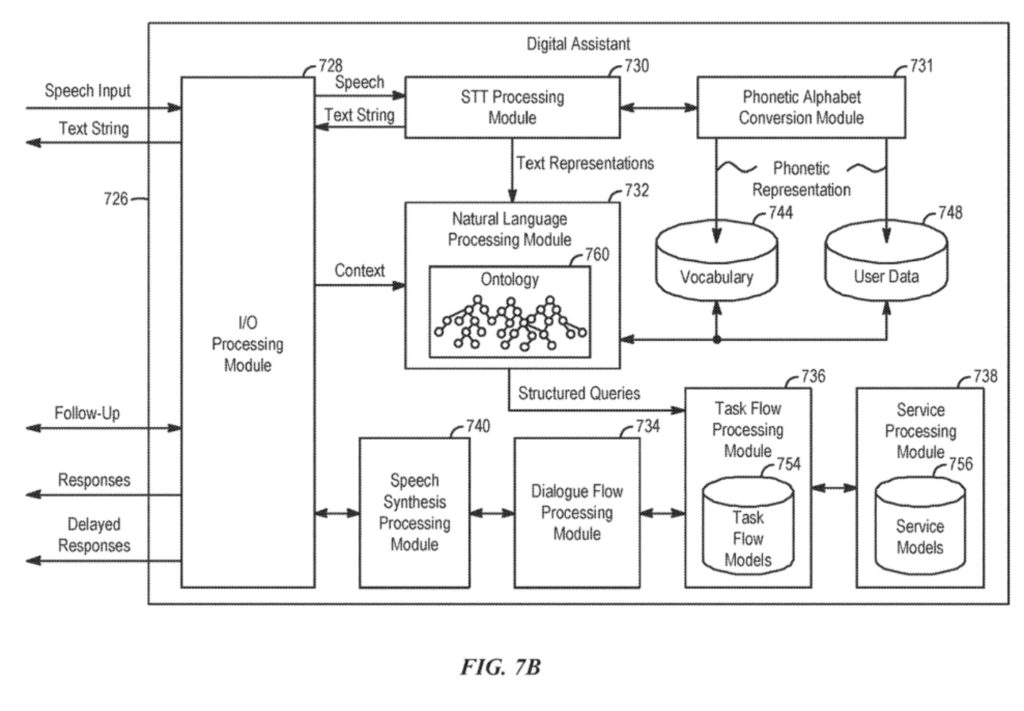Apple has filed for a patent (number 11,295,088) for modifying or sanitizing word predictions when using apps such as Messages. Actually, it’s not a censorship invention, but a way to make sure the apps that have intelligent digital assistants don’t incorrectly predict what you wish to say.
About the patent
Digital assistants can, of course, provide a beneficial interface between human users and electronic devices. They may be utilized in order to provide various predictions, such as word or phrase predictions. These predictions may be presented to a user while a user is typing or speaking a word sequence, for example, in an instant messaging conversation, e-mail communication, and the like.
However, Apple notes that conventional systems for word predictions are inadequate for a variety of reasons. In particular, language data used to train such systems may include a wide range of data from social media, pop culture websites, or other mediums having unconventional or otherwise modern language usage.
Apple says that conventional systems may not be well equipped to handle word predictions based on new terminology, or new usage of existing terminology. What’s more, as society evolves, certain language usage that was once considered uncontroversial may no longer be acceptable or a tolerable by society in general.
Such problems are magnified when multiple languages, cultures, and other societal factors are considered. Apple says “an improved system for word prediction, and in particular modifying word predictions, is desired.”
Summary of the patent
Here’s Apple’s abstract of the patent with some technical details: “Systems and processes for modifying word predictions are provided. In one example, a user input is received including one or more words. A prediction of a word sequence corresponding to one or more words is obtained, and context information associated with the word sequence is obtained.
“In accordance with a determination, based on the context information, that the prediction of the word sequence corresponds to a predetermined semantic reference, the prediction of the word sequence is modified, and an output is provided corresponding to the modified prediction of the word sequence. In accordance with a determination, based on the context information, that the prediction of the word sequence does not correspond to a predetermined semantic reference, an output is provided corresponding to the prediction of the word sequence.”
Article provided with permission from AppleWorld.Today

